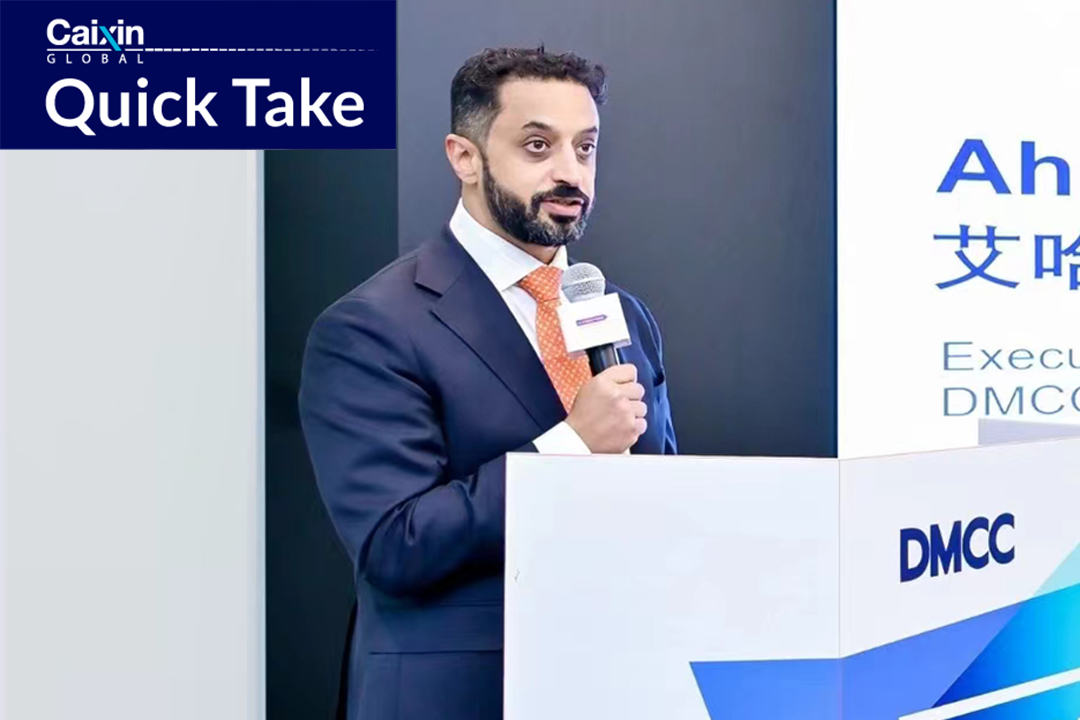
What’s new: By the end of 2023, the Dubai Multi Commodities Centre (DMCC), the largest free-trade zone in the United Arab Emirates, hosted a total of 852 Chinese companies, up almost 25% from the previous year, the latest DMCC data showed.
The data, issued on Monday, came after the conclusion of three investor roadshows conducted by the DMCC in China, with the center’s executive chairman and chief executive Ahmed Bin Sulayem highlighting in a statement the “consistent 25% growth in Chinese companies joining DMCC” for the past two years.
DMCC also said that its data indicated that of an estimated 6,000 Chinese enterprises operating in the U.A.E., over 14% are based in the zone.
Many Chinese firms see Dubai as their first stop in their expansion into the Middle East because of the emirate’s open-door policy designed to attract foreign investment, said Zhang Chen, a senior partner at Yingke Law Firm’s Shanghai office.
“In Dubai, there are almost no restrictions on entry and exit, and foreign exchange,” Zhang said. However, for some sectors, such as manufacturing, companies will face challenges such as high production costs and employment quotas for local workers when entering the U.A.E. market, he said.
The background: The U.A.E. is China’s second-largest trading partner in the Middle East, where Beijing is broadening its investment ventures through its Belt and Road Initiative, which has become a vital tool for China to expand its business reach across the globe.
Bilateral trade between China and the U.A.E. reached $95 billion in 2023, down 3.6% from a year ago, the Beijing-based Huajing Industry Research Institute said in January, citing customs data. But the 2023 figure is nearly double the number recorded before the Covid-19 pandemic in 2019.
Li Rongqian contributed to this story.
Contact reporter Ding Yi (yiding@caixin.com) and editor Kelsey Cheng (kelseycheng@caixin.com)






